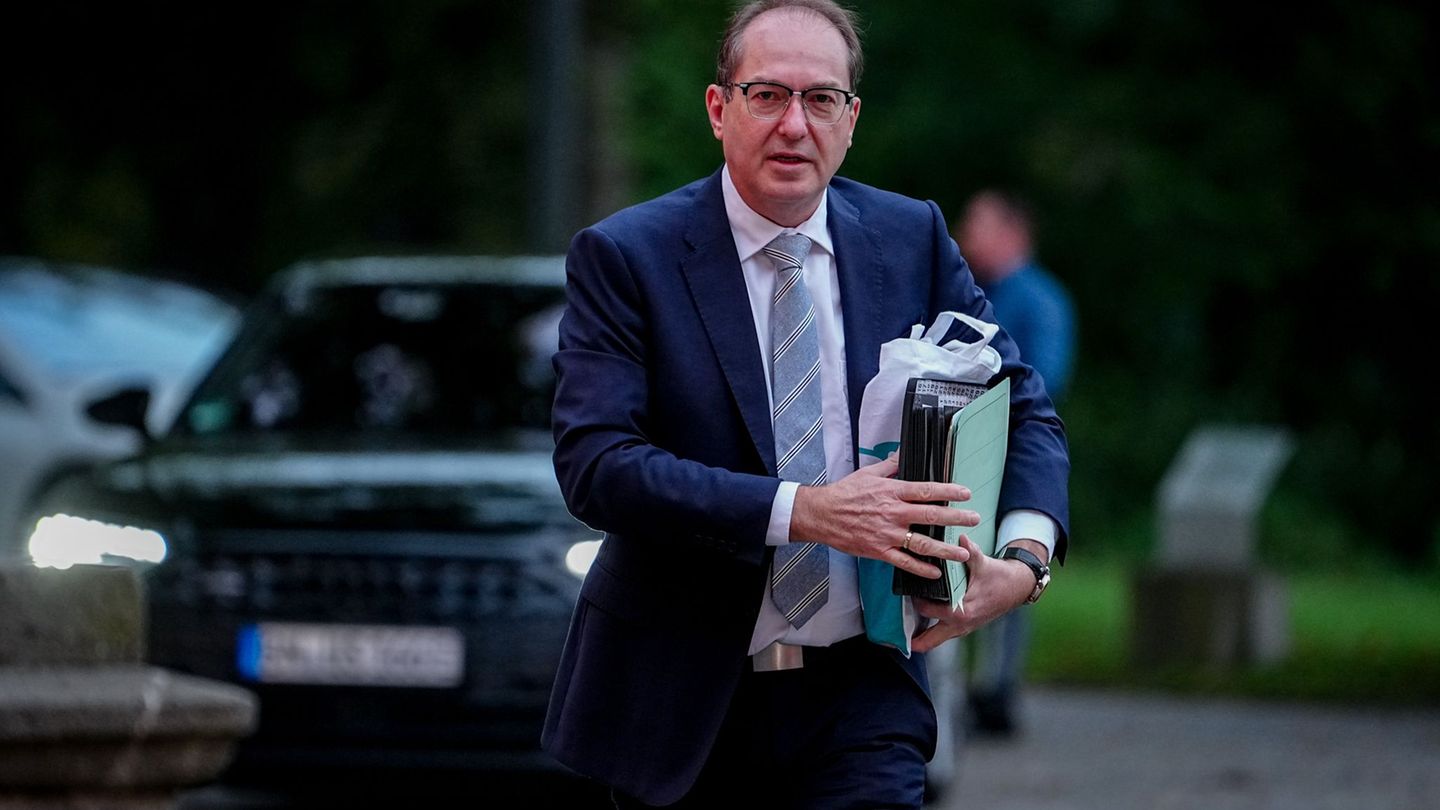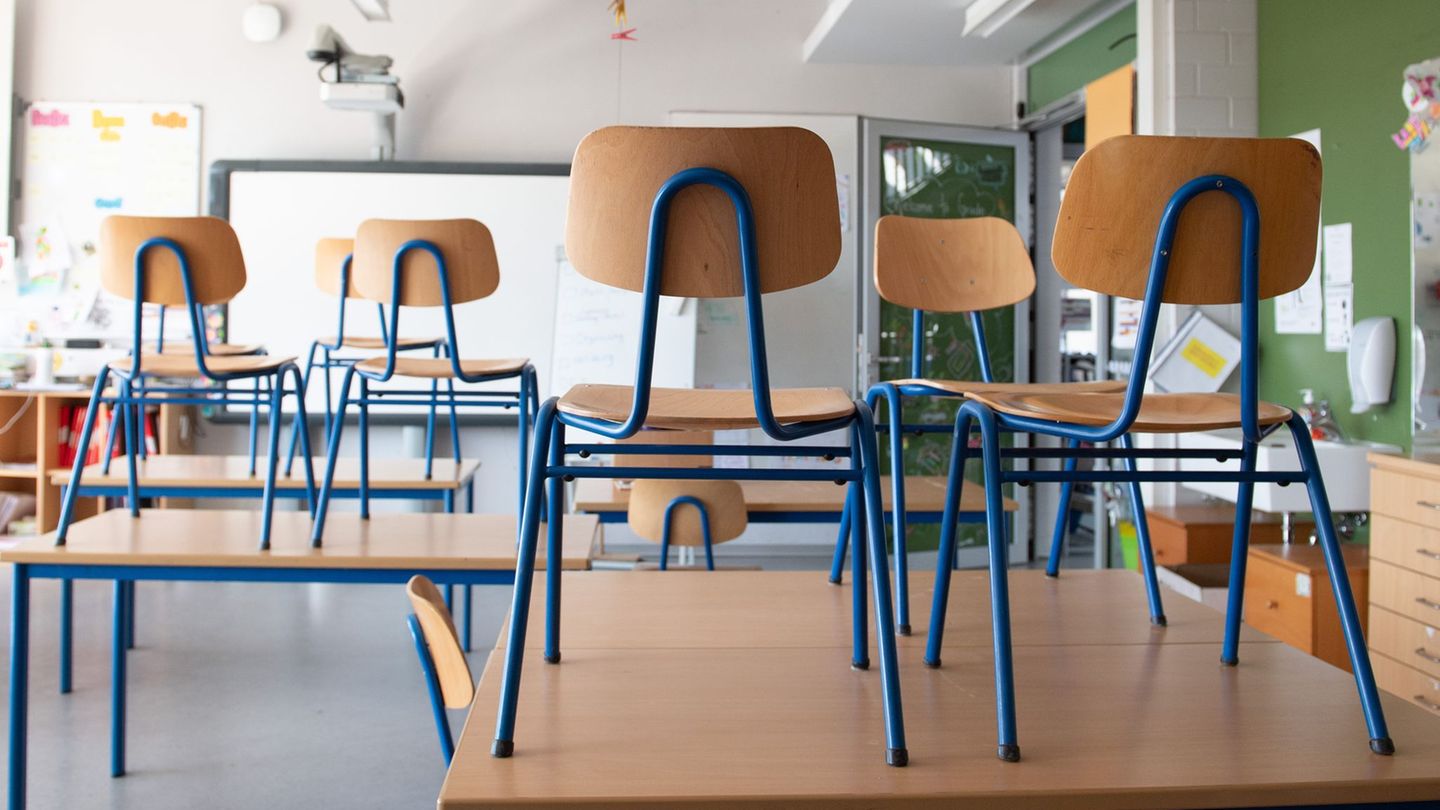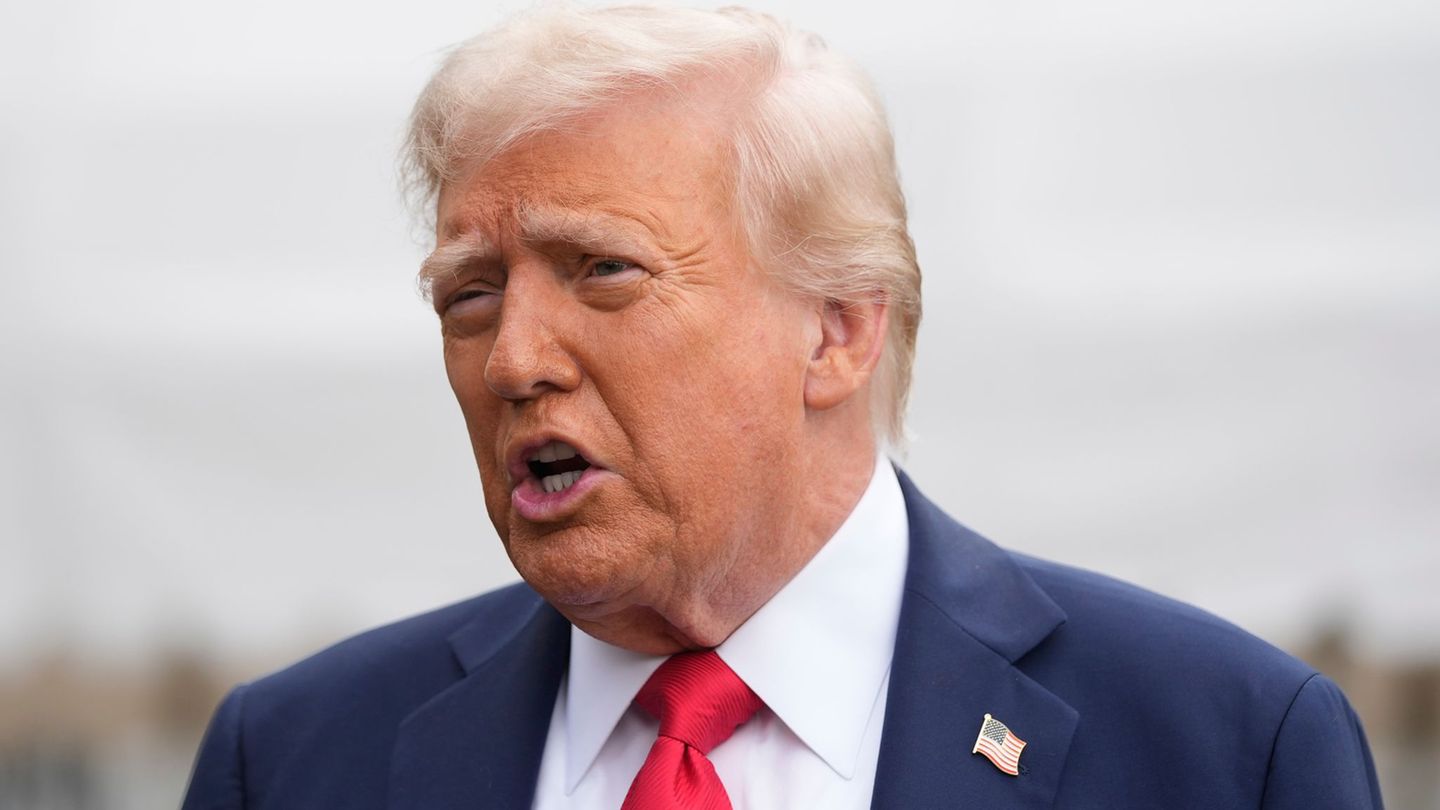Russia and Austria have a “long, checkered history”, the relationship has grown historically, but above all has recently been subjected to “massive stress tests,” said Schallenberg. The foreign minister called for the “immediate and unconditional” release of Navalny, whose condemnation he described as “unacceptable”. Schallenberg assured us that the territorial integrity of Crimea, which Russia annexed in 2014, will continue to be advocated.
This video is disabled
Please activate the categories Performance cookies and Functional cookies in your cookie settings to display this element. My cookie settings
The Russian Foreign Minister reacted emotionally to Schallenberg’s participation in the “Crimean Platform” on Monday. In contrast to his wreath-laying ceremony on Schwarzenbergplatz, it was “not a real event” in Kiev. He spoke of a misunderstood solidarity with Ukraine and launched a tirade against the “incomprehensible regime” in Kiev. At the same time, the Russian Foreign Minister complained that Crimean residents were not given a Schengen visa and were being punished for their political position.

Lavrov also tried to invite Schallenberg, whom he called by his first name towards the end of the press conference, to the peninsula, which is de facto controlled by Russia. The Austrian Foreign Minister politely declined. “Our position on the illegal annexation of Crimea is neither new nor surprising. It is rock solid, and our Russian partners know that too,” said Schallenberg, who gave his Russian counterpart a deuce.
Lavrov repeated mostly familiar positions in his replies. When asked by the APA whether there would be guarantees from Russia that Russian participants in the “Sochi Dialogue” would not be declared “foreign agents” for Austrian-funded activities, the Russian Foreign Minister talked for a long time about repressive legislation in the UNITED STATES. Only citizens who are politically involved are affected, he emphasized. He said nothing about the fact that the latter has recently been interpreted extremely broadly in Russian practice and that artists and journalists have therefore also been stigmatized. For his part, Schallenberg emphasized that Austria was interested in the broadest possible dialogue between civil societies. He is not yet aware of any example that people in connection with the “Sochi Dialogue” are affected by these measures by the Russian state.
Relationships are at a “low point”
As a “proud member of the EU”, it is particularly painful for Austria that relations between Brussels and Moscow are currently at a low point. But even if the two countries are “often on the other side of the river”, the “bridge between us has not yet broken,” emphasized Schallenberg. Russia remains an important neighbor – and dialogue is always better than arguing.
Schallenberg and Lavrov wanted to continue the talks in the afternoon. Among other things, meetings with Federal Chancellor Sebastian Kurz (ÖVP) are planned. In the afternoon Lavrov also took part in a meeting with representatives of the civil society “Sochi Dialogue” between Austria and Russia in the Russian embassy in Vienna. According to the Russian Foreign Ministry, a visit to the Vienna headquarters of the International Atomic Energy Agency (IAEA / IAEO) is also planned.
Lavrov is on a small European tour in Austria. In addition to Vienna, Lavrov also travels to Budapest and Rome. He interrupts his election campaign in Russia for the three-city tour.




